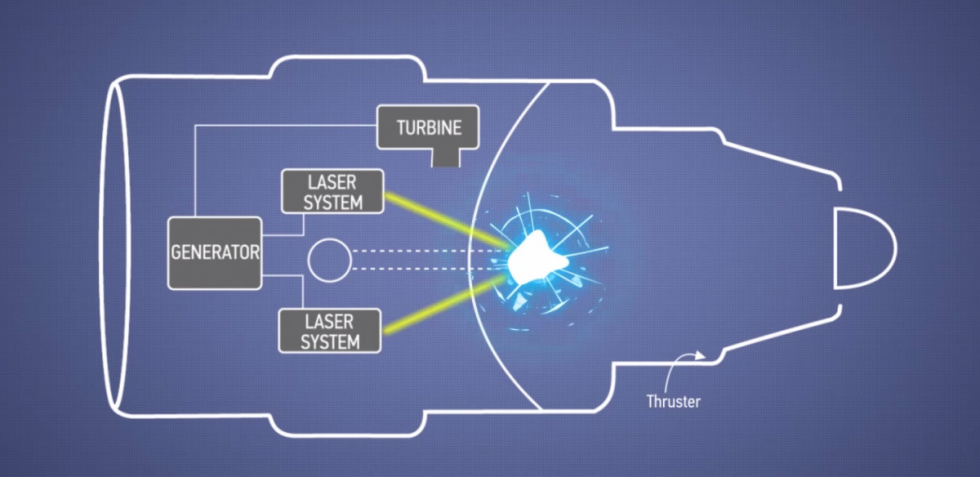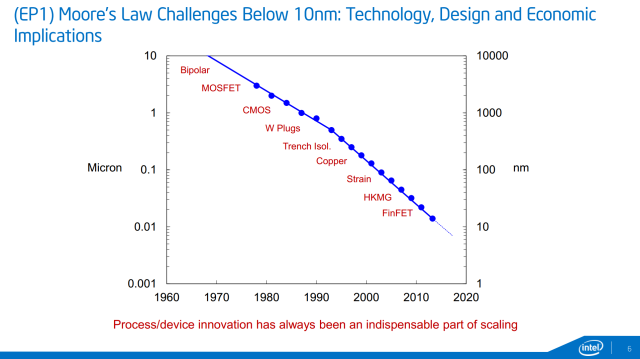// Assume the brace position: Boeing has received a patent for, I kid you not, a laser-powered fusion-fission jet propulsion system. Boeing envisions that this system could replace both rocket and turbofan engines, powering everything from spacecraft to missiles to airplanes.



